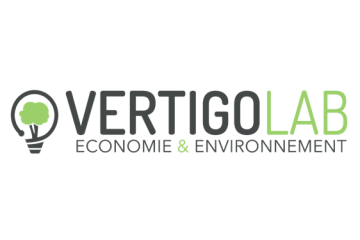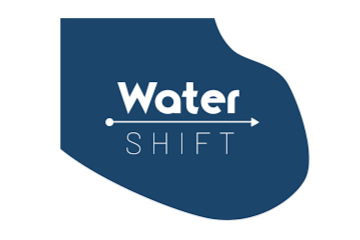Study of agricultural water management practices in the Mediterranean Morocco, Tunisia, Italy
![]() AGRICULTURE
AGRICULTURE


Services: Diagnostics and feasibility studies
Countries: Morocco, Tunisia, Italy
Dates of intervention: 2022/04 - 2022/09
Amount executed: 21 640 €
Total amount of the service: 21 640 €
Main backer: Vertigo Lab - Client
Main beneficiary: WaterShift
Support provider: SalvaTerra
Experts: Johan PASQUET, Anis CHAKIB, Olivier BOUYER
Certificate of satisfactory executionEtat des lieux et recommandations sur la gestion de l'eau agricole en Italie (Pouilles), Maroc (Haut Sébou) et Tunisie (Sidi Bouzid)
Context of the service
The WaterShift project (project to support the transformation of economic models in sectors impacting biodiversity and water resources in the Mediterranean) is funded by the MAVA Foundation and implemented by Vertigo Lab.
It aims to: (i) identify sustainable practices of local actors in the Mediterranean and develop virtuous economic models with regard to water resources and biodiversity; (ii) activate financial leverage to initiate economic models' transformation towards a better integration of issues related to water and biodiversity preservation.
Vertigo Lab wishes to fine-tune their findings regarding agricultural water management issues, and the good agricultural practices proposed accordingly. Therore, there is a need to meet Mediterranean agricultural entrepreneurs (farmers or agricultural service companies, particularly in the irrigation sector) in several study areas and fine-tune their needs to adjust good practices that could be supported via innovative financial mechanisms.
Services provided
The services were as follows:
- Three case studies on (i) the olive value chain in Puglia (Italy), (ii) the almond value chain in the Sidi BouzidGovernorate (Tunisia) and (iii) fruit value chains (cherry, plum, apple, etc.) in the Sebou Basin (Morocco);
- Identification of issues related to agricultural water management and pre-identification, based on the available documentation, of Good Agricultural Practices (GAP) for each value chain and study site: organic farming, agroforestry, fertigation systems, integrated pest management plans, soil conservation practices, etc.
- Field missions including visits to agricultural parcels, interviews with farmers and producer organisations and other stakeholders (inter-professional organisations, suppliers, etc.) for each of the selected value chains;
- Technical study report including an analysis of the economic, social/territorial and environmental impacts of each GAP, as well as the identification of priority needs (technical and/or financial) for the adoption of these GAPs.
Summary of the service
Study on agricultural water management practices in the Mediterranean: Identification of challenges and good practices in terms of water management (organic farming, agroforestry, fertigation systems, etc.); Assessment of the interest given to these practices by farmers and other agricultural stakeholders; Identification of technical and/or financial support needed to enhance their adoption. Examination based on case studies on perennial crops (olive, almond, apple, etc.) in Italy, Morocco and Tunisia.